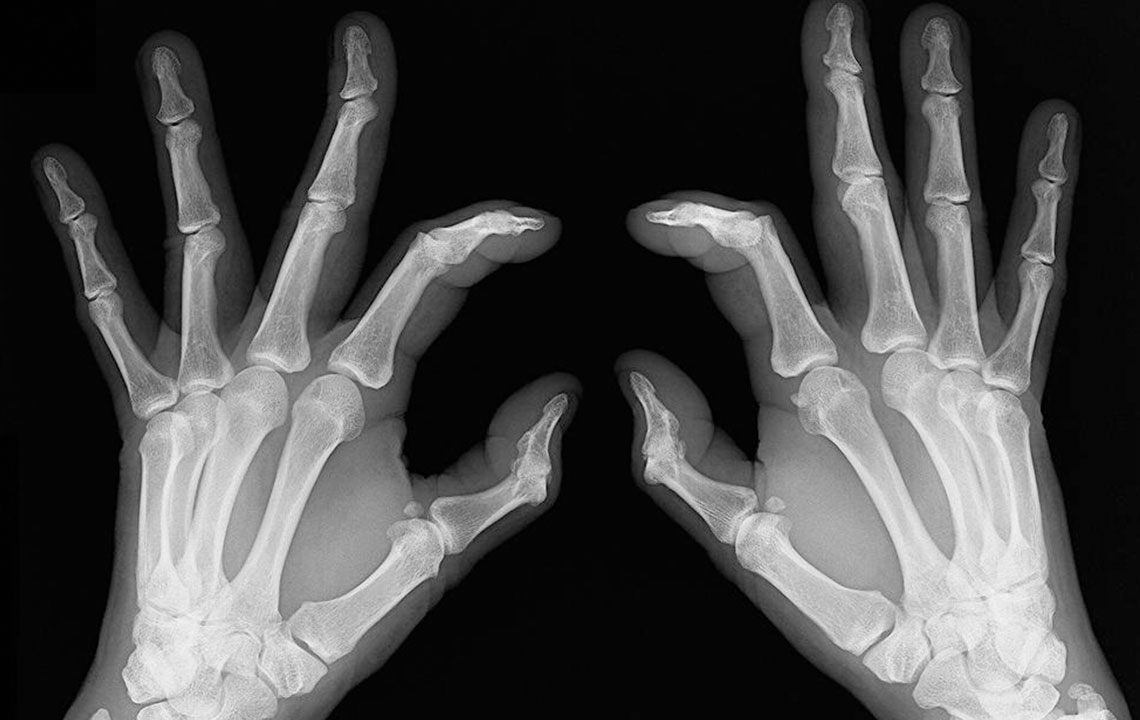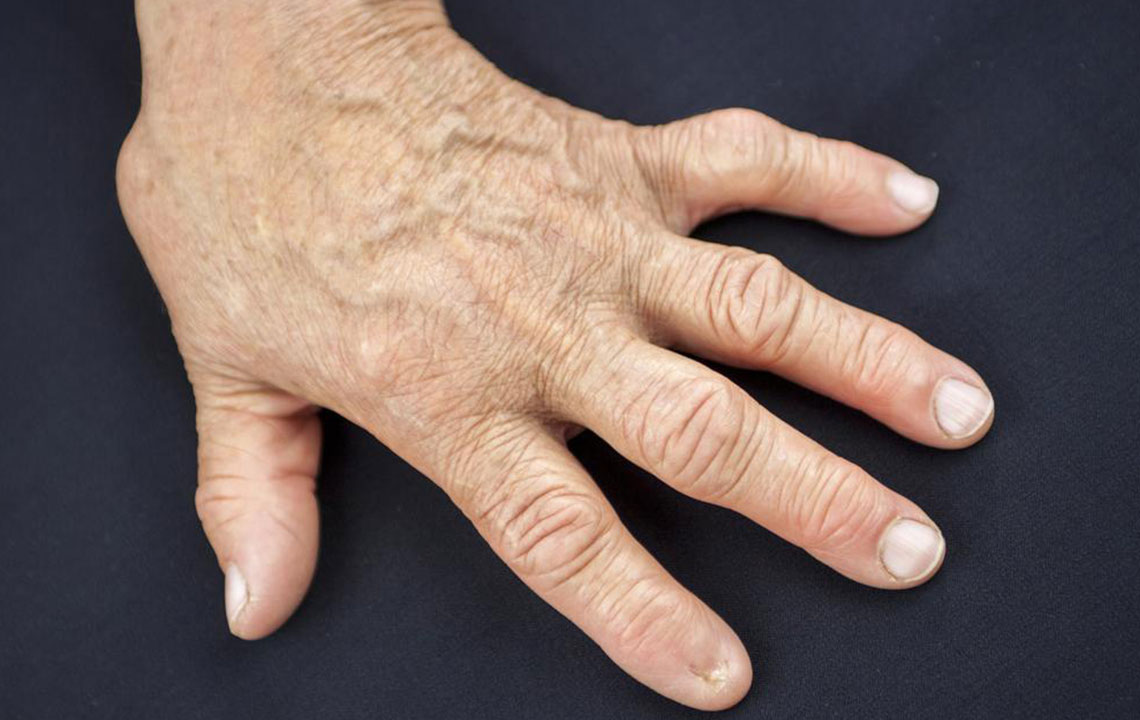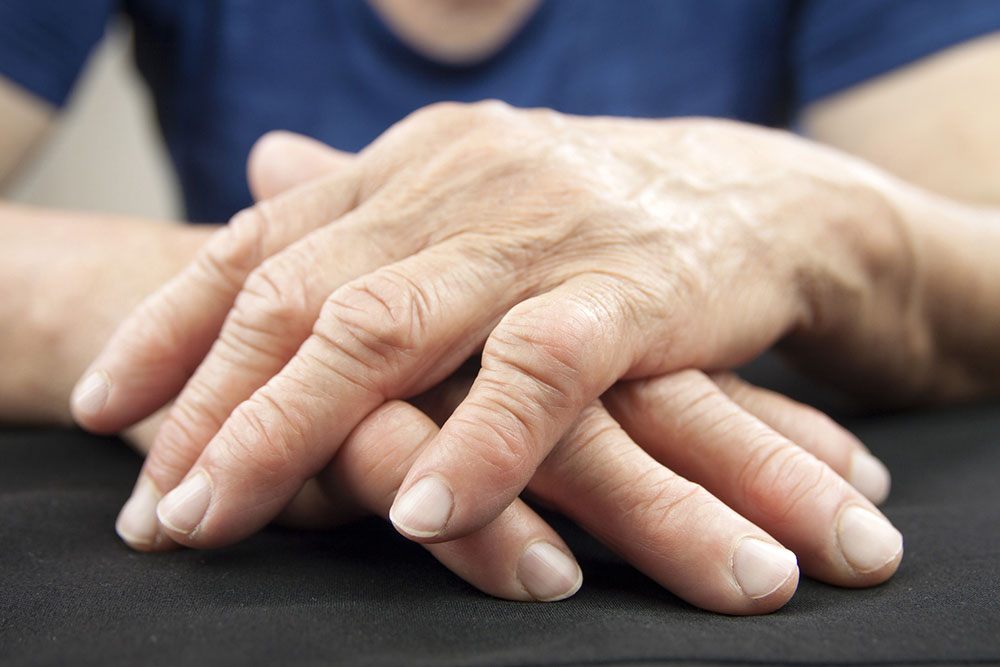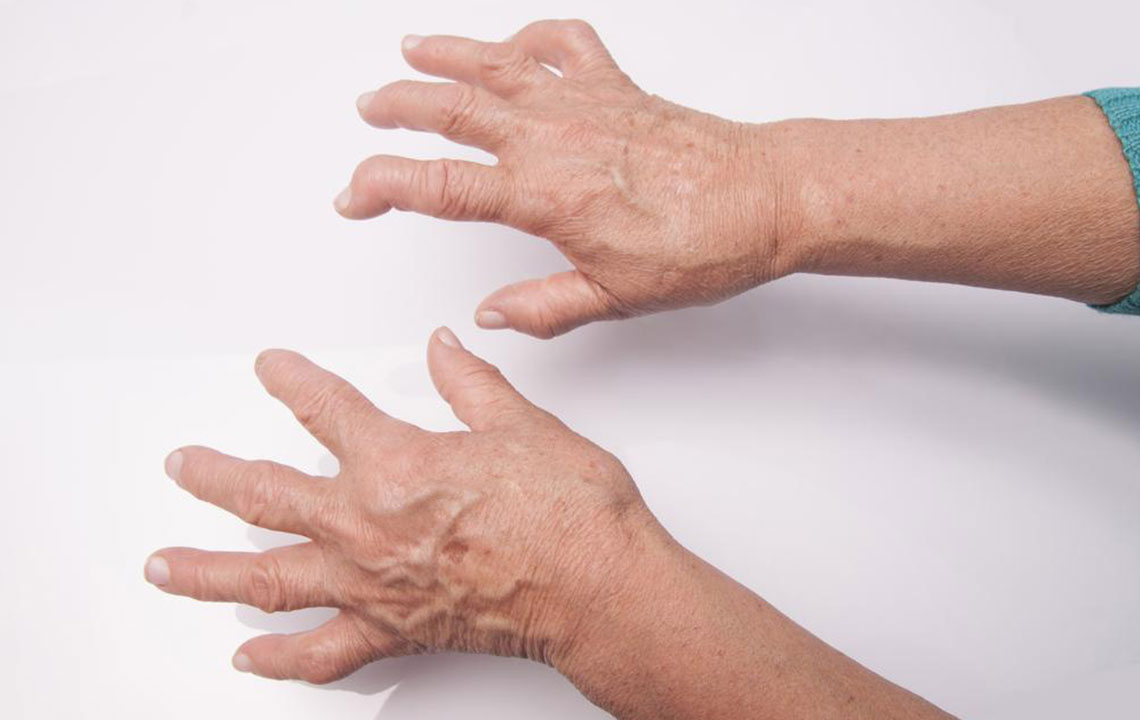Comprehensive Guide to Recognizing Early Symptoms and Detecting Rheumatoid Arthritis
Early detection of rheumatoid arthritis is vital for effective management and preventing joint damage. This comprehensive guide highlights key symptoms like joint pain, stiffness, swelling, and systemic signs that warrant prompt medical evaluation. Recognizing these early indicators allows for timely treatment, improving long-term outcomes and maintaining joint function. If you experience these symptoms, consult your healthcare provider promptly to initiate appropriate diagnostic tests and treatment plans. Staying vigilant about joint health can significantly enhance your quality of life and prevent severe deformities.

Identifying Early Signs and Symptoms of Rheumatoid Arthritis for Timely Intervention
Rheumatoid arthritis (RA) is a long-term autoimmune disorder characterized by inflammation of the joints, which can lead to joint damage, deformity, and functional impairment if not diagnosed and treated early. Recognizing the initial symptoms is crucial for prompt medical intervention, which can significantly slow disease progression and improve quality of life. This article provides an in-depth exploration of the early indicators of rheumatoid arthritis, how to distinguish them from other conditions, and the importance of early detection for effective management.
Autoimmune conditions like RA involve the body's immune system mistakenly attacking its own tissues, primarily the synovial membranes lining the joints. This immune response results in inflammation, pain, and swelling, often progressing over weeks or months before a definitive diagnosis is made. Many individuals experience mild or intermittent symptoms initially, making early recognition vital for effective treatment.
Understanding the Common Early Symptoms of Rheumatoid Arthritis
Early symptoms of RA can be subtle and may resemble other less serious conditions, which is why awareness and attentiveness to changes in your body are essential. Here are the key signs and symptoms to watch out for:
Joint Pain and Discomfort: Usually begins with aching, tenderness, or soreness in small joints such as those in the fingers, wrists, ankles, or toes. These pains often come and go initially, sometimes worse in the mornings or after periods of inactivity. Over time, the discomfort becomes more persistent and may involve larger joints like knees, hips, or shoulders.
Fatigue and Malaise: A common early sign, rheumatoid arthritis often causes a general feeling of tiredness or exhaustion that cannot be explained by physical activity or sleep quality. This fatigue may be accompanied by mild fever, chills, or a sense of overall unwellness, highlighting systemic inflammation.
Swelling and Inflammation of Joints: Persistent swelling, warmth, and tenderness in affected joints are markers of inflammation. These inflamed joints may appear puffy or enlarged, often feeling warm to touch. Chronic inflammation can lead to joint damage if left untreated, making early diagnosis essential to prevent long-term deformities.
Morning Stiffness: Many people experience stiffness upon waking, with joints feeling tight or 'locked' initially. This stiffness often lasts for more than an hour but gradually improves with movement. Persistent morning stiffness is a hallmark of inflammatory arthritis like RA.
Redness and Warmth: In some cases, joints may appear red and feel warm as inflammatory processes intensify. It’s important to distinguish this from skin injuries or superficial bruises, as persistent redness indicates underlying inflammation requiring medical attention.
Structural Changes and Joint Deformity: Over time, ongoing inflammation can cause damage to the cartilage and bone within affected joints. Subtle changes in joint shape, such as deformities or unusual contours, might be observed early in disease progression. Any new or worsening joint discomfort, coupled with physical changes, warrants prompt evaluation.
The Importance of Early Detection and Medical Consultation
Detecting rheumatoid arthritis early significantly impacts treatment success and long-term outcomes. When symptoms are recognized promptly, healthcare professionals can perform a comprehensive assessment, including physical examinations, blood tests (like rheumatoid factor and anti-CCP antibodies), and imaging studies such as X-rays, ultrasound, or MRI. Early diagnosis allows for the initiation of disease-modifying antirheumatic drugs (DMARDs), which have proven effective in controlling inflammation, preventing joint destruction, and maintaining function.
Delaying diagnosis and treatment can result in irreversible joint damage, reduced mobility, and decreased quality of life. Therefore, if you experience persistent joint pain, swelling, stiffness, or systemic symptoms such as fatigue and fever, seek medical attention without delay. Early intervention offers the best chance to manage symptoms effectively and prevent severe complications.
Remember, awareness and proactive health measures are your best defense against the progression of rheumatoid arthritis. Regular check-ups, especially if you have a family history of autoimmune diseases or risk factors, can facilitate early diagnosis and treatment planning.





